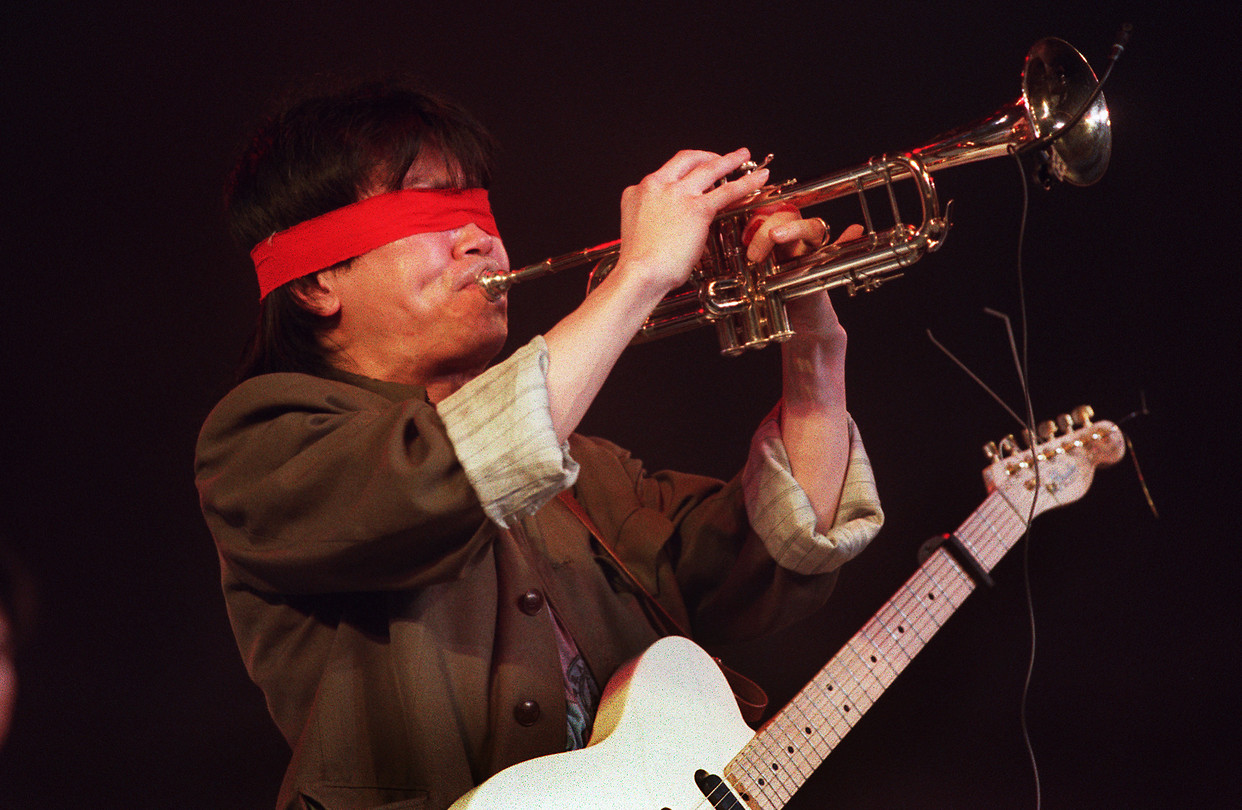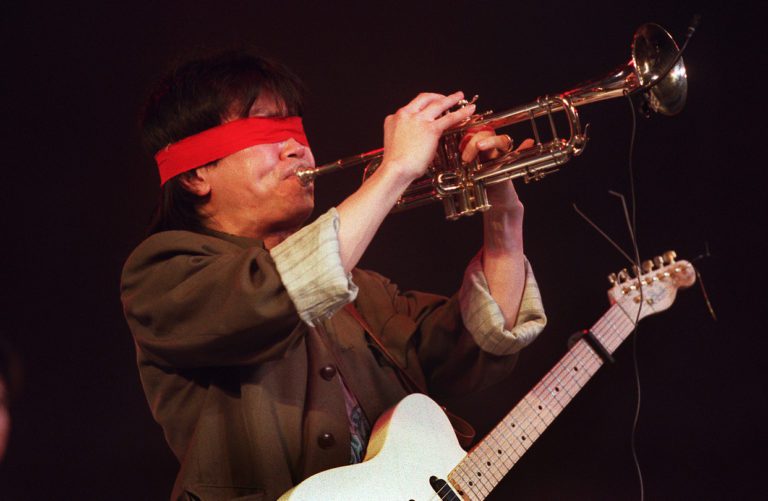 Cui Jian
Cui Jian
Photo credit: Getty Images
From Chinese trap music to jazz and techno, 2019 seems to be the year of musical fusion and diversity in China. But singers like the Chinese hip hop group Higher Brothers are not the first to incorporate Chinese elements into non-pop music.
When China opened up to the world in the late 1970s, different western musical genres flowed into the country. Some young Chinese artists started integrating rock with traditional Chinese musical instruments, such as gŭ zhéng (古筝) and dí zǐ (笛子). Through their experiments, these artists created a form of rock music that was distinctly Chinese – yáo gŭn (摇滚).
With its provocative lyrics and creative composition, yáo gŭn swept through the country in the 1990s. It became an outlet for urban youth to channel their discontent, pride and hope in the midst of dramatic social changes.
While we have long passed the golden age of yáo gŭn, Chinese rock musicians from the 90s are still popular nowadays. Here are five key artists who defined yáo gŭn and altered the musical landscape of modern China. Their creativity and success have continued to inspire young Chinese artists to experiment and produce their own unique music.
[zombify_post]


0 Comments